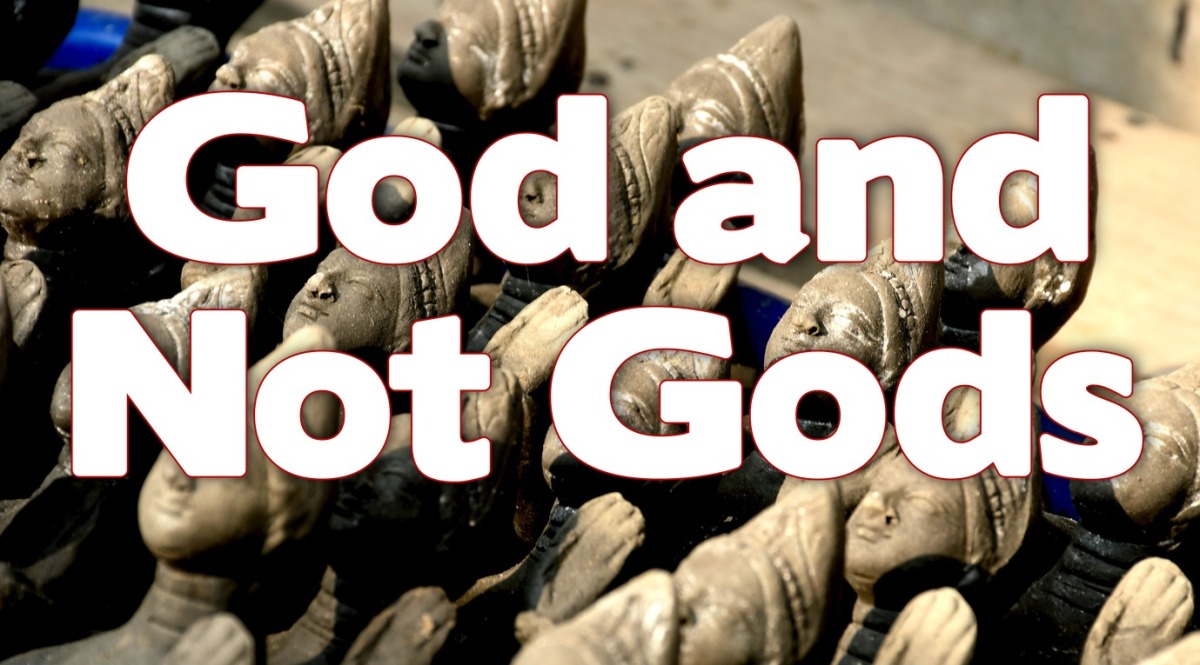Today’s reading is John 18.
I want to be like Jesus. I know you do too. I want to be moral. I want to be faithful. I want to be loving and kind. I fall too short too often. However, I set before me the goal. And in Jesus’s trial I see a statement in His defense that sets the bar high.
Listen to what Jesus said when questioned “about his disciples and his teaching” (John 18:19).
I have spoken openly to the world. I have always taught in the synagogues and in the temple, where all the Jews come together. I have said nothing in secret. Why do you ask me? Ask those who have heard me what I said to them; they know what I said.
John 18:20-21 (ESV)
Wow! Nothing in secret? Jesus had nothing to hide. He was on trial for His life and was not remotely scared of what anyone might reveal about anything He ever said. I hate to admit it, I’ve said things I hope never make their way onto a court stenographer’s legal pad. I’ve said and done things behind closed doors I hope never get publicized.
See this as one example of Jesus knowing how to live life in kingdom power. Look at the freedom provided Jesus by His honesty, sincerity, truthfulness, and love. Have you ever lied? Have you ever practiced a little subterfuge? Have you ever participated in a bit of gossip and slander? Hey, I know you aren’t an evil person. You only fudged on the facts because honesty, sincerity, and truthfulness were going to cost you something in that moment. You only shared the juicy tidbit about your friend because you were hurt or angry or needed an emotional payoff. Jesus, however, was always who He was. He always taught the same thing. He was always sincere. He was always honest. He had not a drop of hypocrisy. He always loved even those who were not present. And so, He didn’t fear the deepest investigation into His actions or words. Jesus was free to let the court bring every person He ever talked to in that court. I want to be like that.
Satan tempts me to think Jesus was just trying to rain on my parade when He told me to be honest, loyal, truthful, sincere, loving. I seem to be able to get ahead when I’m allowed to fudge the facts, play both sides, or seek my own interests above others. (I mean, what they don’t know won’t hurt them, right?) But that’s the thing, isn’t it? What if they find out? Jesus was helping us not simply with the moment, but with the long term. And when I conduct myself in ways I’m not willing for everyone to find out about, my freedom is diminished. To that degree, I’m a little enslaved. I live in fear that one guy will turn on me and talk to that other guy. I have to make sure to keep that one woman happy with me or she’ll tell that other woman. I have to hope the lawyers don’t come across that one group of “friends.”
Granted, people may lie about us as they did Jesus. Striving to be like Jesus in this is not done to avoid suffering or even crucifixion. We’ll trust God to deal with that just like Jesus did. It’s done…well…to be more like Jesus. I’m tired of the stress and anxiety of trying to get away with stuff on the sly. Oh sure, in the moment I get some pleasure and payoff out of it. But over the long haul, it is exhausting. Wouldn’t it just be easier, better, and in the long run happier if we could be like Jesus who could say, “I have said nothing in secret”? Granted, this will mean not saying everything that pops in my head. But that will probably make you happier as well as me.
Tomorrow’s reading is John 18.
PODCAST!!!
PATHS:
Discuss Today’s Meditation with Your Family
How does John 18 prompt or improve your praise of God?










